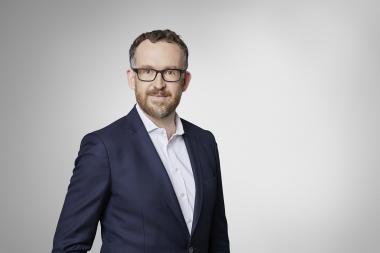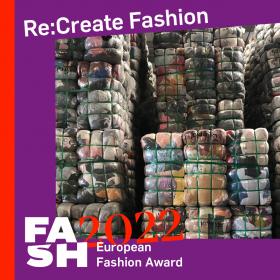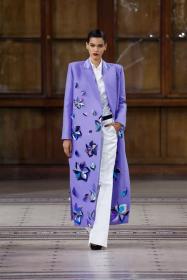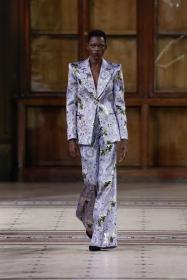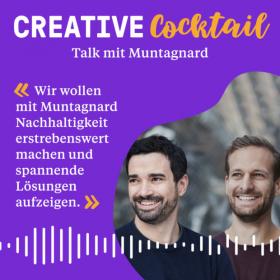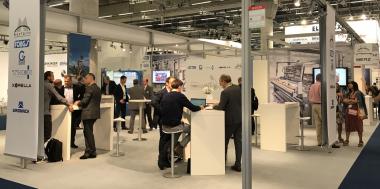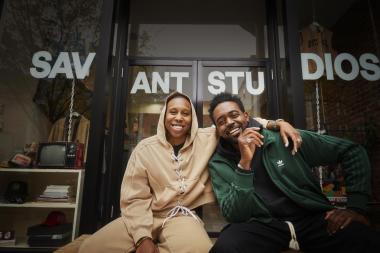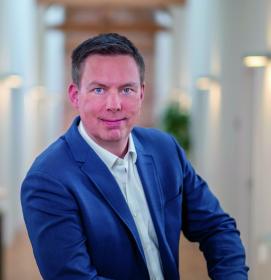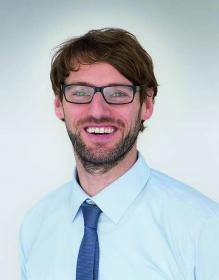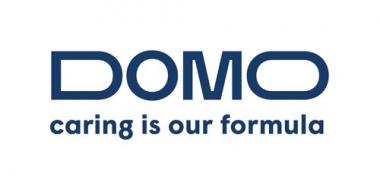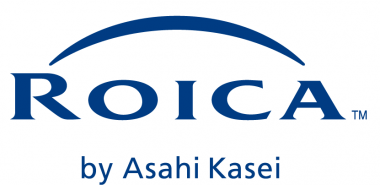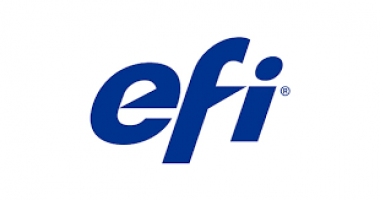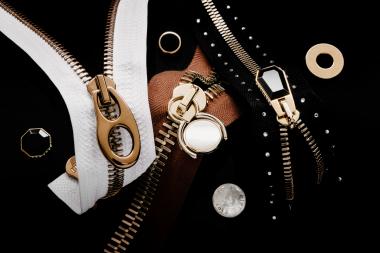CWS veröffentlicht Nachhaltigkeitsbericht 2021/22
- CWS trägt mit zirkulärem Geschäftsmodell zu einer enkelfähigen Zukunft bei
- Produkte bleiben getreu dem Handlungsgrundsatz Think Circular so lange es möglich ist im Kreislauf, um Ressourcen zu schonen
- Das Unternehmensziel: 90 Prozent des Neugeschäfts bis 2025 nur noch mit nachhaltigen Produkten und 50 Prozent Reduktion der Emissionen bis 2030
Das Unternehmen kontrolliert in den Bereichen Hygiene, Matten, Berufskleidung, Brandschutz, Reinraum sowie Gesundheit und Pflege seine verwendeten Materialien und Produkte entlang des gesamten Lebenszyklus. CWS folgt dem eigenen Leitprinzip Think Circular und ist damit Teil der übergreifenden Enkelfähig-Initiative der Haniel Gruppe. Grundlage dieser Initiative ist die Überzeugung, dass Nachhaltigkeit und wirtschaftlicher Erfolg eng zusammengehören.
Nachhaltige Produkte sind der Hebel für eine gute Zukunft
Bei CWS wird das gesamte Produktangebot in einem mehrstufigen Prozess auf seine Nachhaltigkeit hin überprüft und dem sogenannten enkelfähig-Rating unterzogen. Neben der Lieferkette, den Rohmaterialien und Recycling-Konzepten wird dabei ebenfalls berücksichtigt, wie lange ein Produkt oder Rohstoff im Kreislauf gehalten werden kann. Die Erkenntnisse aus dem internen Scoring sind in neuen Produktlinien wie der CWS PureLine für Waschräume oder in der Berufsbekleidungskollektion Scandic Line entsprechend reflektiert und berücksichtigt. Weitere Projekte und Details zu dem Rating führt CWS in seinem Report auf.
„Wir wollen bis 2025 mehr als 90 Prozent unseres Neugeschäfts mit nachhaltigen Produkten realisieren. Eine lange Produktlebensdauer ist der Kern unseres Geschäftsmodells. Deshalb prüfen wir im Vorfeld, wie nachhaltig die Produkte sind, die wir in unsere Zyklen aufnehmen“, ergänzt Jürgen Höfling.
Effiziente Kreisläufe durch langlebige Materialien
Im Rahmen seines Servicemodells setzt CWS auf nachhaltige und langlebige Produkte und Materialien, um diese so lange wie möglich im Servicekreislauf halten zu können und so Ressourcen zu sparen. Dabei zählt Nachhaltigkeit nicht nur im Endprodukt, sondern betrifft auch die Lieferketten. Entsprechend sorgfältig wählt CWS seine Partner und Lieferanten aus, damit alle Nachhaltigkeitskriterien erfüllt werden.
Reduce, Reuse, Recycle – Think Circular!
Produkte werden wo möglich professionell repariert, um die Lebensspanne zu maximieren. Beispielsweise wurden im Jahr 2021 über 21.000 Matten, über 26.000 Handtuchrollenspender sowie über 5 Millionen Kleidungsstücke von CWS repariert. Das zeigt deutlich, wie viele Produkte hierdurch länger im Einsatz bleiben können.
Nachhaltige Materialien und Recycling-Konzepte spielen in den Kreisläufen von CWS eine tragende Rolle. Die GreenMats sind beispielsweise aus recyceltem Polyester und trocknen bis zu 25 Prozent schneller, was wiederum den Energieverbrauch senkt. Aktuell arbeitet CWS im Rahmen eines europäischen Forschungsprojekts namens Circular Sustainable Flooring (CISUFLO) mit daran, Materialien für Böden recycelbar zu machen.
Dekarbonisierung ist wichtiges Zukunftsthema
Auch die Reduktion von CO2-Emissionen spielt für CWS eine große Rolle. Im diesjährigen Report stellt CWS erstmals seinen vollständigen Corporate Carbon Footprint vor und bietet damit vollständige Transparenz über Emissionen, die innerhalb des eigenen Geschäfts sowie der vorgelagerten Lieferkette entstehen (Scopes 1-3). Auf Basis dieser Erkenntnisse entwickelt CWS nun eine unternehmensweite Klimastrategie. Ziel ist es, den derzeitigen Fußabdruck um 50 Prozent bis 2030 zu reduzieren. Außerdem wird ein Klimamanagement-System erarbeitet, das die besten Maßnahmen dynamisch in die laufenden Prozesse einfließen lässt und auf aktuelle regulatorische Änderungen reagiert.
CWS International GmbH







